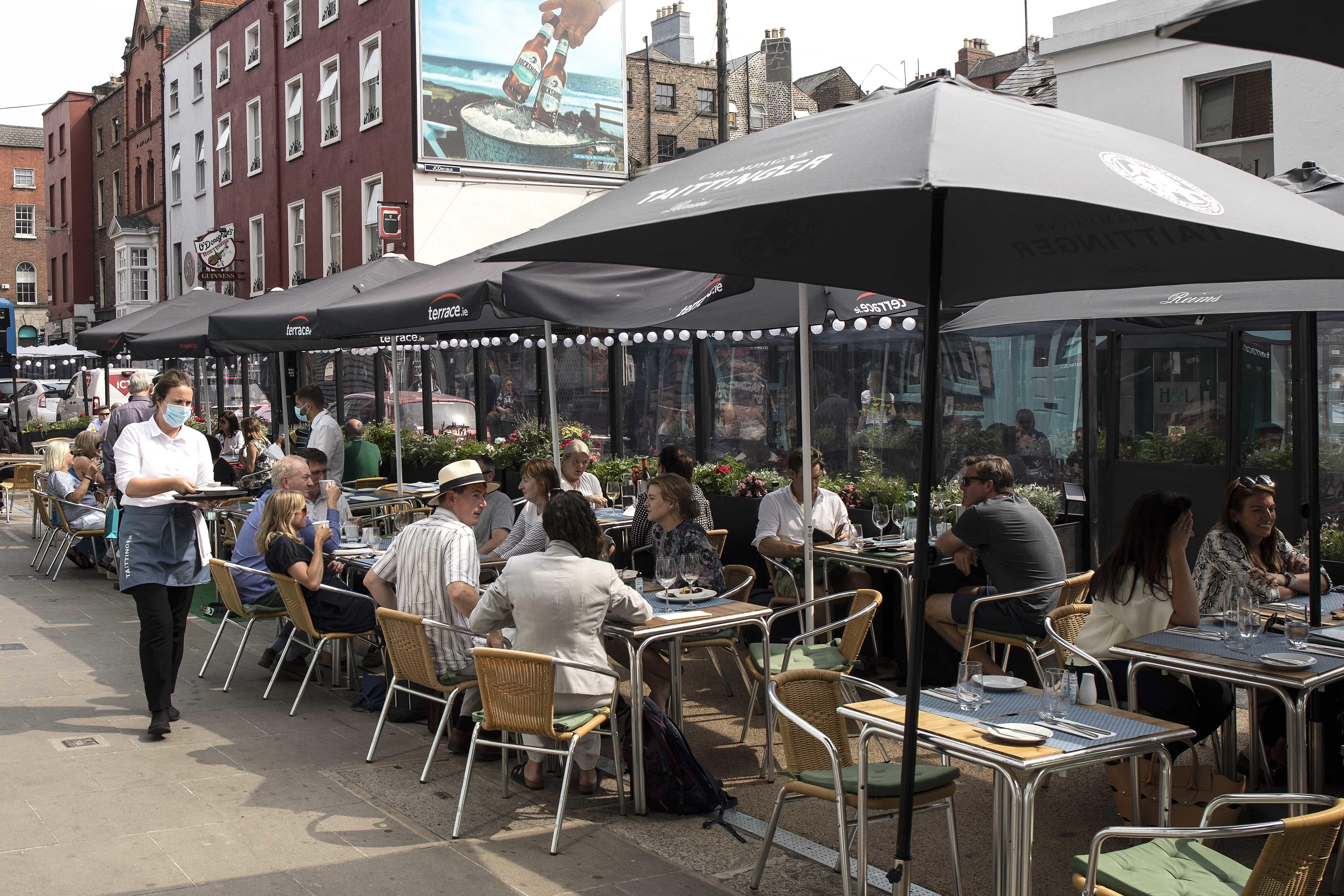UK economy set to ‘flatline at best’ after sluggish service sector growth
A widely-followed survey showed growth in the services sector was the slowest in six months

The UK’s economy is set to “flatline at best” after the dominant services sector suffered its most sluggish growth for six months in July, experts warned.
As firms were rocked by the impact of the rising cost of living and spiralling intrerest, the widely-watched S&P Global/CIPS UK services PMI survey showed a reading of 51.5 last month, down from 53.7 in June.
A reading above 50 indicates growth in the sector, which dominates the British economy and covers retail, hospitality and business and finance. But the shap dip was the third consecutive slowdown in growth, pointing to potential stagnation in the economy.
It came just days after a similar survey showed bosses in manufacturing sector were the gloomiest they have been since the height of the first Covid lockdown.
Announcing Thursday’s reading, S&P Global Market Intelligence economics director Tim Moore warned the loss of momentum suggested Britain’s economy would “flatline at best” in the coming months.
Mr Moore said soaring interest rates, which have pushed up the cost of borrowing, are taking a severe toll on consumer spending and business confidence.
He added: “Service sector companies saw the weakest rise in new work for six months, while job creation slipped as some firms responded to softer market conditions by putting the brakes on hiring.”
Surveyed firms said they continued to see some growth amid “resilient household spending on travel and leisure services.
However, they added that trade was also being knocked by reduced confidence among consumers and business customers.
New order volumes grew at the weakest rate since January as firms suggested rising interest rates, which are expected to increase again later on Thursday, were a reason for cautious demand.
Business also reported that operating costs and selling prices eased back but highlighted pressure from higher salary payments in July, which could add to inflation concerns among policy-makers.
John Glen, chief economist at the Chartered Institute of Procurement & Supply (CIPS), said: “The driver of this poor result as the sector headed into a period of inertia was the underlying weaknesses in the UK economy.
“In response to interest rate hikes through the summer, businesses were re-thinking their investment plans and focusing on paying higher wage bills and keeping up with their brutal businesses costs instead of expanding their portfolio of products.”
Subscribe to Independent Premium to bookmark this article
Want to bookmark your favourite articles and stories to read or reference later? Start your Independent Premium subscription today.
